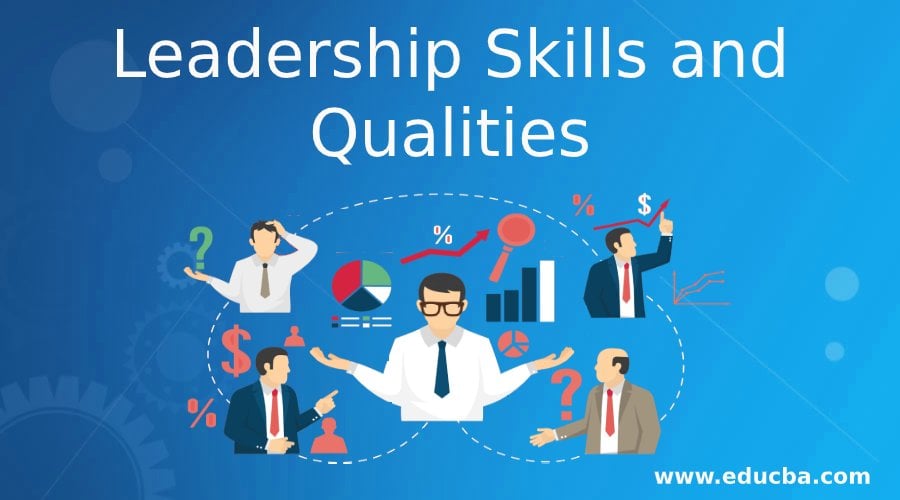Guiding Different Teams and Individuals: Welcoming Inclusion as a Competence

In the current rapidly evolving world, successful leadership extends past traditional managerial skills. Guiding a varied team necessitates a unique blend of talents that embrace inclusion as a core aspect of leadership. The capability to manage cultural differences, foster open dialogues, and create an environment where every team member feels valued is essential for success. As the workforce becomes increasingly varied in background, perspective, and experience, leaders must cultivate the skills needed to harness this diversity for greater creativity and productivity.

At the heart of inclusive leadership lies a set of fundamental competencies that every individual should master. From emotional intelligence to effective communication, these skills form the foundation for building trust and inspiring teams. Being adaptable, engaging in active listening, and resolving conflicts positively are just a few examples of what makes a leader distinguish themselves in a diverse environment. As we dive into the top leadership skills needed to fully accept inclusion completely, we will also look into how these abilities not only benefit the team but also enhance the leader's growth and effectiveness.
Core Leadership Skills
Effective leadership needs a blend of critical skills that allow leaders to guide their teams effectively. Key leadership skills each professional should learn comprise the ability to understand emotions, communication skills, and the ability to adapt. Emotional intelligence enables leaders to understand and regulate their own emotions while sympathizing with team members, nurturing a collaborative work environment. Communication is fundamental; it provides clear guidance, promotes collaboration, and establishes trust within the team. Adaptability is crucial in today’s fast-paced world, as leaders must adapt to changing conditions and lead their teams through challenges.
Moreover, effective decision-making is vital in leadership roles. Leaders must assess situations critically and make well-informed choices that correspond with their organization's principles and goals. This necessitates a combination of critical thinking and risk evaluation, allowing leaders to consider potential outcomes and involve their teams in the decision-making process. Building trust goes hand in hand with these skills, as a reliable leader can motivate their team to embrace challenges and innovate together.
Another critical skill is the capacity to engage team members. Great leaders recognize the importance of cultivating a unified vision and setting clear goals that connect with their team. Assigning tasks also plays a key role in effective leadership; by delegating responsibilities to team members, leaders not only empower them but also enhance team effectiveness. Together, these core skills create a solid foundation for leading multifaceted and dynamic teams.
Building Squad Dynamics
Creating a strong group environment is crucial for successful leadership. A diverse group of members brings a spectrum of perspectives and expertise, which can enhance imaginativeness. However, to leverage this diversity, leaders must nurture an atmosphere of confidence and open communication. This involves recognizing the unique contributions of each team member and ensuring that everyone feels appreciated and heard. By promoting inclusion, leaders can facilitate stronger relationships between team participants, promoting cooperation and reducing the chances of disagreement.
Active listening plays a key role in enhancing constructive team dynamics. When leaders exhibit genuine interest in their group's ideas and opinions, it helps to build confidence and connection. By engaging in substantive conversations, leaders can better comprehend the motivations and worries of their team members. This not only empowers employees but also encourages them to share their ideas and feedback, which can result in innovative solutions and improved performance. Leaders must focus on emotional intelligence to manage these conversations efficiently.
Furthermore, adaptability is crucial to maintaining group cohesion in an ever-changing work environment. Leaders should be ready to modify their methods based on the changing needs of their team and the obstacles they encounter. By modeling adaptability and strength, leaders can motivate their teams to embrace change and remain committed on their objectives. This flexibility cultivates a culture of ongoing development, where team members feel enabled to test new ideas, grow, and grow together, ultimately driving the team towards achievement.
Promoting Inclusion and Innovation
In the current multifaceted workplace, promoting inclusion is not just a moral imperative but a strategic advantage. Leaders who emphasize inclusion create an atmosphere where all team members feel appreciated and enabled to contribute their individual perspectives. By embracing View website , leaders can spark creativity and innovation, leading to better effective solutions and improved team dynamics. Nurturing Website link encourages collaboration, as team members are more likely to share ideas and experiment when they feel secure and supported.
Innovation grows in an environment where diverse ideas can prosper. Leaders should proactively promote diverse thinking by inviting team members to voice their opinions and question the status quo. This involves establishing safe spaces for discussions and being open to input. When team members see that their contributions can inspire change, they are more motivated to engage in creative problem-solving. By leading by example and showing appreciation for diverse contributions, leaders can strengthen the importance of innovation in their teams.
Moreover, fostering a culture of inclusion and innovation enhances overall team resilience. Teams that value diverse perspectives are better prepared to navigate uncertainty and adapt to change. They can utilize their diverse strengths and experiences to address challenges effectively. Leaders must commit to ongoing learning and adaptability, ensuring that they stay sensitive to the evolving dynamics of their teams. This ongoing effort not only encourages a thriving innovative environment but also places organizations for sustained success in an ever-changing market.
